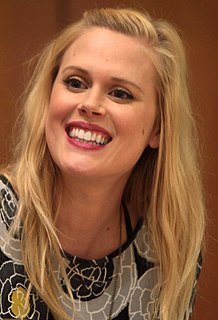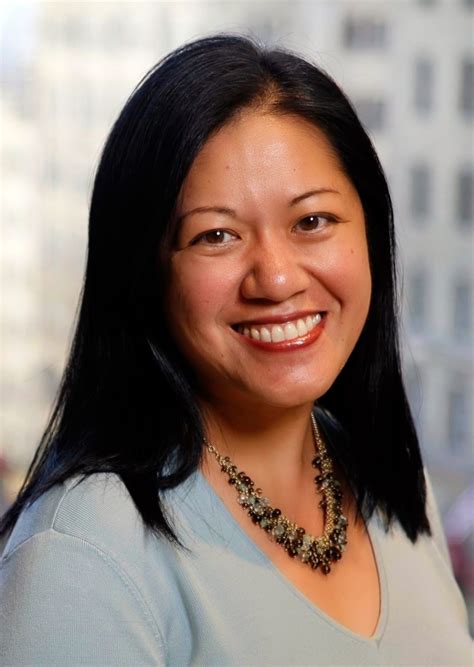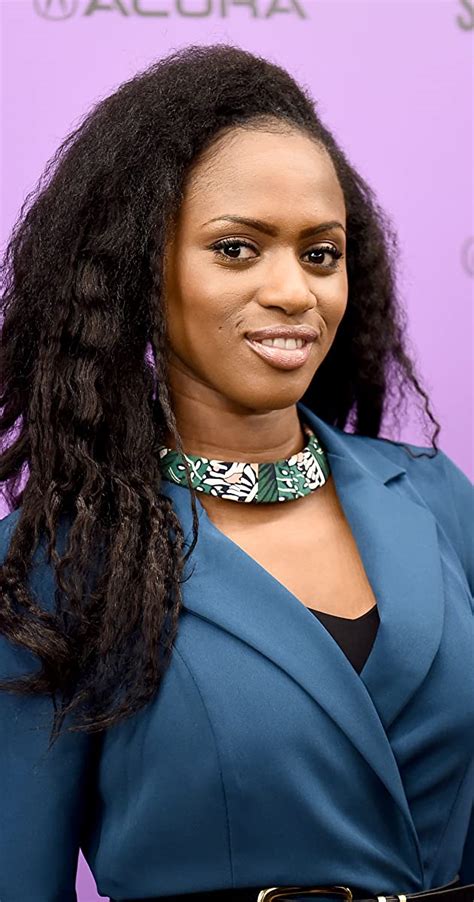A Quote by Janet Varney
We're living in this world where we have so much media all the time. We have access to imagery all the time.
Related Quotes
Thinking about free speech brought me to media regulation, as Americans access so much of their political and cultural speech through mass media. That led me to work on the FCC's media ownership rules beginning in 2005 to fight media consolidation, working with those at Georgetown's IPR, Media Access Project, Free Press, and others.
My interest in time emerged out of an engagement with the media that I was working with. Film and performance are temporal media. They rely on time. When I'm carrying out a performance, it matters, for example, how long I hold one particular gesture or posture. Seriality is very important too. Performance can be used to dilate time or to repeat time. And video, in turn, has its own time.
The media in the States can be quite self-reflective. When I lived in England, I was much more aware of the day-to-day politics that were happening. Living somewhere where the media involvement is greater and so omnipresent, you become pulled into it and, at the same time, because of that, politics changes and the way it's handled changes.
I grew up at a time in Hawaii where there were trans women around, so there were visible role models for me. At the same time, as a low-income trans girl of color, there were so many things that I didn't have access to. I didn't have access to a great education. I didn't have access to affordable healthcare.
It's a fascinating time, I think. I do believe that with all the qualifications I've said - [such as] the uncertain accuracy of the web - nonetheless the access to speeches, documents is unparalleled with the ease of gathering information. If I had had that access when I was an editor or coming up, it would have made my life so much easier. As it was, everything took so much longer.




































